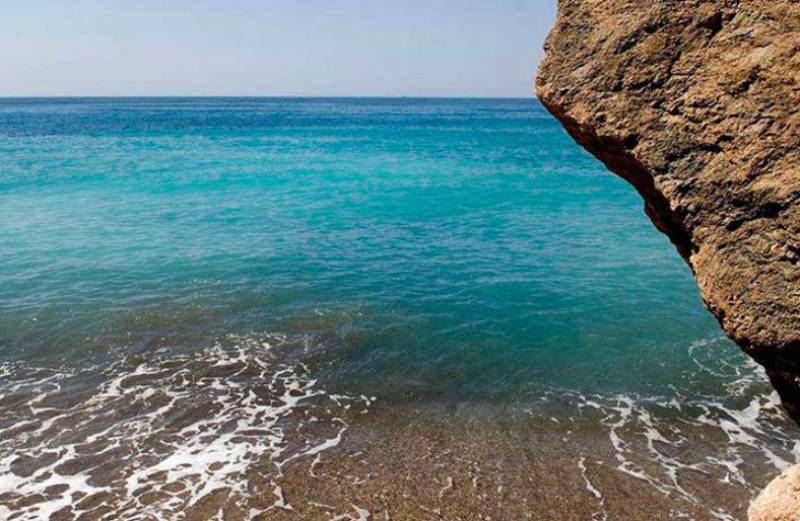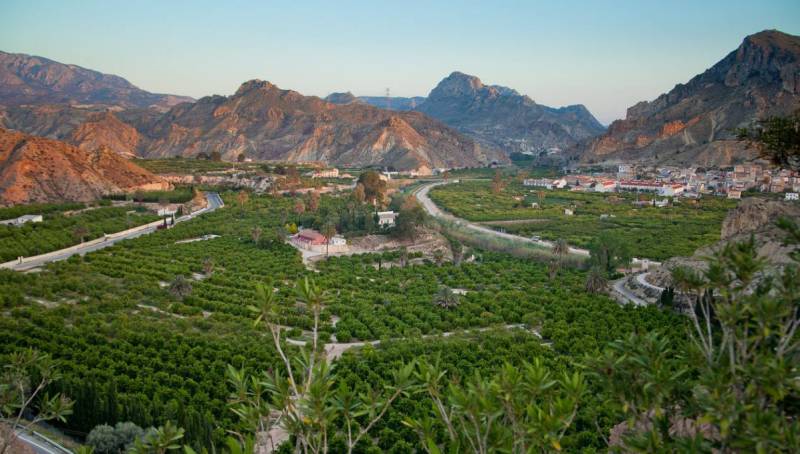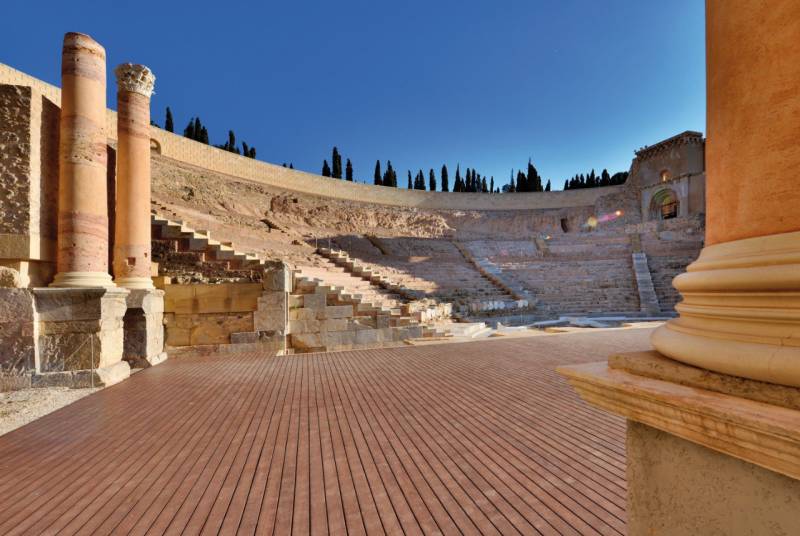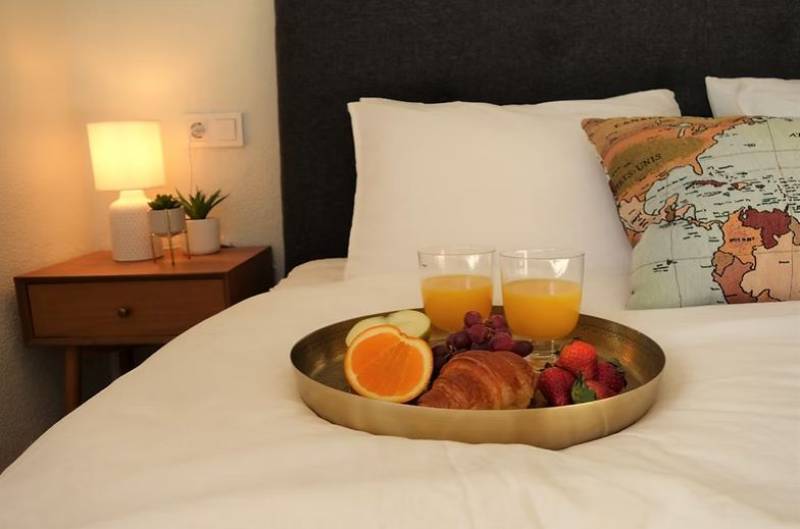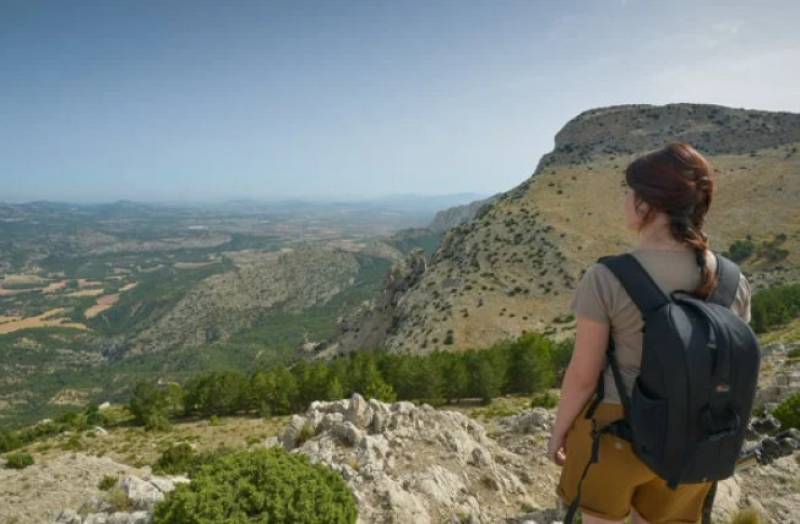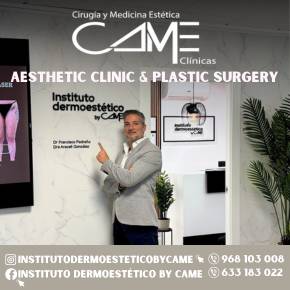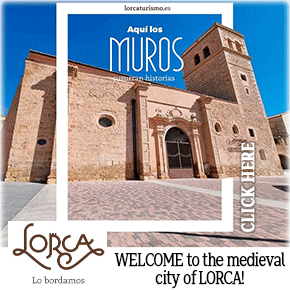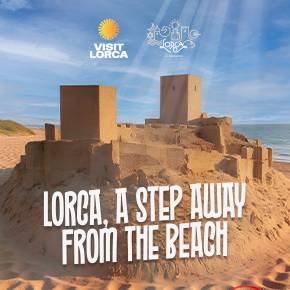- Region
- Águilas
- Alhama de Murcia
- Jumilla
- Lorca
- Los Alcázares
- Mazarrón
- San Javier
-
ALL AREAS & TOWNS
- AREAS
- SOUTH WEST
- MAR MENOR
- MURCIA CITY & CENTRAL
- NORTH & NORTH WEST
- TOWNS
- Abanilla
- Abarán
- Aguilas
- Alamillo
- Alcantarilla
- Aledo
- Alhama de Murcia
- Archena
- Balsicas
- Blanca
- Bolnuevo
- Bullas
- Cañadas del Romero
- Cabo de Palos
- Calasparra
- Camping Bolnuevo
- Campo De Ricote
- Camposol
- Canada De La Lena
- Caravaca de la Cruz
- Cartagena
- Cehegin
- Ceuti
- Cieza
- Condado de Alhama
- Corvera
- Costa Cálida
- Cuevas De Almanzora
- Cuevas de Reyllo
- El Carmoli
- El Mojon
- El Molino (Puerto Lumbreras)
- El Pareton / Cantareros
- El Raso
- El Valle Golf Resort
- Fortuna
- Fuente Alamo
- Hacienda del Alamo Golf Resort
- Hacienda Riquelme Golf Resort
- Isla Plana
- Islas Menores & Mar de Cristal
- Jumilla
- La Azohia
- La Charca
- La Manga Club
- La Manga del Mar Menor
- La Pinilla
- La Puebla
- La Torre
- La Torre Golf Resort
- La Unión
- Las Palas
- Las Ramblas
- Las Ramblas Golf
- Las Torres de Cotillas
- Leiva
- Librilla
- Lo Pagan
- Lo Santiago
- Lorca
- Lorquí
- Los Alcázares
- Los Balcones
- Los Belones
- Los Canovas
- Los Nietos
- Los Perez (Tallante)
- Los Urrutias
- Los Ventorrillos
- Mar De Cristal
- Mar Menor
- Mar Menor Golf Resort
- Mazarrón
- Mazarrón Country Club
- Molina de Segura
- Moratalla
- Mula
- Murcia City
- Murcia Property
- Pareton
- Peraleja Golf Resort
- Perin
- Pilar de la Horadada
- Pinar de Campoverde
- Pinoso
- Playa Honda
- Playa Honda / Playa Paraíso
- Pliego
- Portmán
- Pozo Estrecho
- Puerto de Mazarrón
- Puerto Lumbreras
- Puntas De Calnegre
- Region of Murcia
- Ricote
- Roda Golf Resort
- Roldan
- Roldan and Lo Ferro
- San Javier
- San Pedro del Pinatar
- Santiago de la Ribera
- Sierra Espuña
- Sucina
- Tallante
- Terrazas de la Torre Golf Resort
- Torre Pacheco
- Totana
- What's On Weekly Bulletin
- Yecla


- EDITIONS:
 Spanish News Today
Spanish News Today
 Alicante Today
Alicante Today
 Andalucia Today
Andalucia Today
Playa Paraiso Mud Bathing
Cartagena Romans swore by these mud beauty treatments
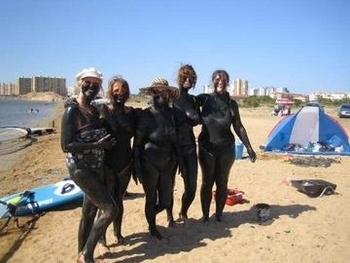 Covering an area of 170km, the Mar Menor is the largest salt water lake in Europe, and is a mecca for sportspeople, the unique conditions creating perfect sailing winds, the enclosed waters linked to the sea by narrow channels, creating a safe environment for novices and families.
Covering an area of 170km, the Mar Menor is the largest salt water lake in Europe, and is a mecca for sportspeople, the unique conditions creating perfect sailing winds, the enclosed waters linked to the sea by narrow channels, creating a safe environment for novices and families.
The water is only 7 metres deep at its lowest point, and is encircled by kilometre after kilometre of golden beaches sloping gently into the water, creating a shallow, sandy fringe, which warms to an extraordinary degree during the summer months. It is possible in many places to be 50 metres out from the shore, and still only be standing knee deep in the water.
This creates a wonderful environment for novice sailers, windsurfers and snorkelers and means that families can relax and enjoy the beach facilities without stressing unduly about the safety of youngsters in the water.
The Mar Menor, however, is more than just a place of leisure sports, its known as the sea of health because of its warm waters, high salinity and healing muds.
Playa Paraiso, mud bathing
The therapeutic properties of mud have been known since antiquity and used in both medical and beauty 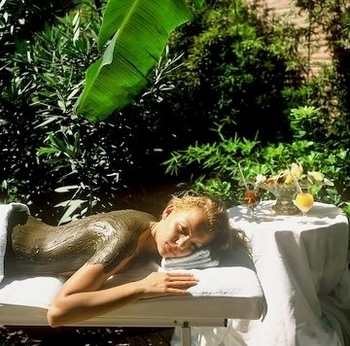 treatments for thousands of years. Special climatic conditions in the Mar Menor have brought about clay deposits which contain a high percentage of positive ions, calcium, magnesium,potassium, fluoride, in addition to negative ions, chlorine and sulphate, which combine with extraordinarily fine sand to create a unique, healing mud.
treatments for thousands of years. Special climatic conditions in the Mar Menor have brought about clay deposits which contain a high percentage of positive ions, calcium, magnesium,potassium, fluoride, in addition to negative ions, chlorine and sulphate, which combine with extraordinarily fine sand to create a unique, healing mud.
This is found in abundance in several locations around the edges of the Mar Menor, and may be removed in small quantities for personal use.
People with more money than sense pay hundreds for beauty treatments like these, but visitors to the Mar Menor can go along, have a wonderful day out and enjoy a healthy mud treatment for free!
There are extensive deposits in Las Charcas de lo Pagan or the Marchamalo salt flats in La Manga.
We like the little beach area tucked behind Playa Paraiso as its easy to access by car, there are good deposits of mud to dig out, we can park right down on the fringe of the beach and just a couple of hundred metres along the beach are toilets and water for washing off the salt afterwards.
As you drive down the road, you will see a creek running down to the beach, and very often there will be people wandering around covered in mud. Some pensionistas run coach trips to the creek as the mud is easily dug out, but the best place to dig it out is behind the creek, on the opposite side of the road, in the old salt extraction plant area behind the ruined buildings you can see from the road. Theres a track that takes you across the waste ground to the salt flats where the absolute best mud is to be found.
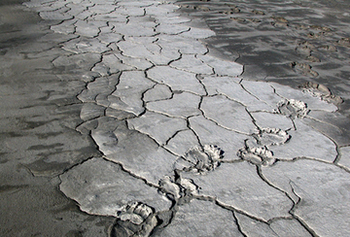 We park the car and go across to dig out some mud first, before continuing down to the beach to mud up and enjoy a fun day out with friends .Of course, you can always park the men on the beach with a beer and wander back to dig out some mud after a relaxing swim.
We park the car and go across to dig out some mud first, before continuing down to the beach to mud up and enjoy a fun day out with friends .Of course, you can always park the men on the beach with a beer and wander back to dig out some mud after a relaxing swim.
We walk right to the back corner of the Salinas, which is where the best mud is to be found. Take a small trowel and dont wear your best shoes as youll get your feet muddy. The best mud is about a foot down.
Find a hole where someone else has been digging. If you run your hand down the edge of the layers, you can feel the difference in textures. About a foot down is a softer layer, its black, the grains of sand are softer and when you pull it out it and rub it between your fingers, it feels silky and soft on the hands. Its very black and has a slight sulphury smell.Dont be shy, just get on your knees and pull it out by hand, theres nothing in the hole other than water!
If you dont want to use your hands, use the trowel to dig down to the layer. You dont need very much. We use a lemonade bottle, cut it to about 1/4 of its size, and this amount full will give 3-4 people a good mud treatment.
Back on the beach, its best to test a small area if youve not used the mud before, in case of allergic reactions, otherwise, just mud up and get the camping kettle on for a cuppa.
We wait until the mud has dried out completely and is cracking off before going into the water to wash off, then amble along the beach for a clean water shower before going home. Don´t wash off in the Mar Menor, go back up the creek and wash off in the creek itself. Afterwards go back to the Mar Menor itself for a long soak in the shallows.
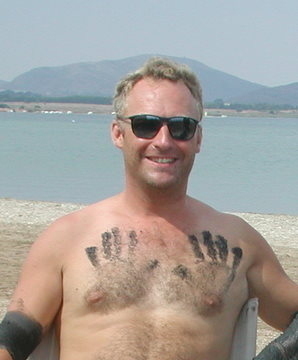 It does need a good rub to get it off, but it doesnt stain, although it takes a while to get it out of your nails and you may smell like a match factory until youve had a good soap down at home.
It does need a good rub to get it off, but it doesnt stain, although it takes a while to get it out of your nails and you may smell like a match factory until youve had a good soap down at home.
Its something different to do with the visitors, and the photographers amongst you wont get another opportunity like this for fun photos of a summers day on the beach.
And to be honest, we always feel better in the few days after a mud trip, whether its the relaxation or the combination of the mud and the high salinity of the warm water, we dont know, but the Romans swore by the healing properties of these mud treatments and used them in this same spot for hundreds of years nearly 2000 years before ourselves, so try it and see, it doesnt cost anything except a little effort.
To access Playa Paraiso,
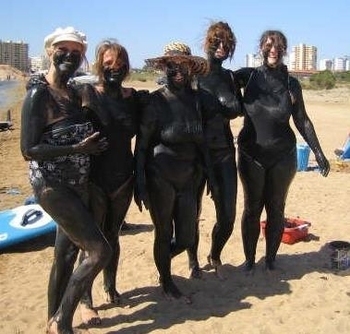 Come into the Mar Menor on the MU312 from Cartagena. Go past the La Manga Camping site, ignore the first exit straight after the camping, then take the next exit to a roundabout above the dual carriageway. Take the third exit which crosses over the dual carriageway as though youre going to rejoin the carriageway in the opposite direction, but before you rejoin the carriageway there is a right hand turn, by the go-kart track . Take the right hand turn and follow the road without turning off which goes through some old Salinas and narrows in places passing the old salt works. You will then arrive at a crossroads. In front to the right is the creek. Go straight over and this takes you straight onto the beach. To dig out the mud first, stop at the crossroads, then go over to the left and youll see the old ruins on the left.
Come into the Mar Menor on the MU312 from Cartagena. Go past the La Manga Camping site, ignore the first exit straight after the camping, then take the next exit to a roundabout above the dual carriageway. Take the third exit which crosses over the dual carriageway as though youre going to rejoin the carriageway in the opposite direction, but before you rejoin the carriageway there is a right hand turn, by the go-kart track . Take the right hand turn and follow the road without turning off which goes through some old Salinas and narrows in places passing the old salt works. You will then arrive at a crossroads. In front to the right is the creek. Go straight over and this takes you straight onto the beach. To dig out the mud first, stop at the crossroads, then go over to the left and youll see the old ruins on the left.
For google earth showing where the creek is, click Mud bathing Mar menor







